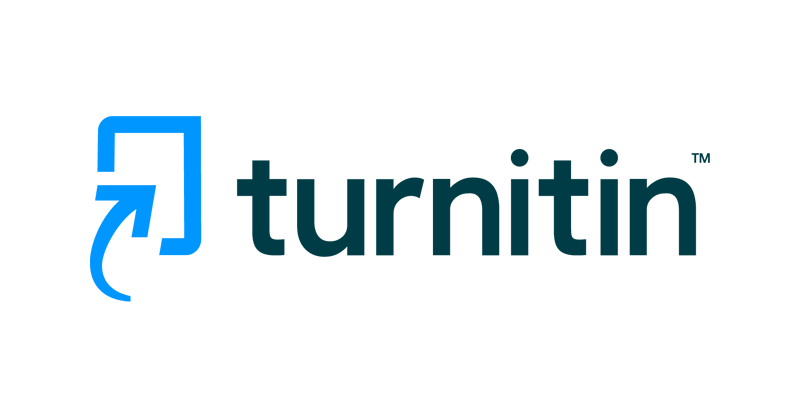Peer Review Process
The International Journal Linguistics of Sumatra and Malay (IJLSM) adheres to a rigorous peer review system designed to ensure academic excellence, impartiality, and transparency. Our process consists of multiple stages, combining editorial screening, plagiarism checks, and double-blind peer review to maintain the highest standards of scholarly integrity.
- Editorial Review & Plagiarism Screening
- All submissions undergo an initial editorial assessment by the Editor-in-Chief or Section Editors to evaluate:
- Relevance to the journal’s scope.
- Compliance with submission guidelines.
- Basic academic quality and originality.
- Manuscripts that pass this stage are screened for plagiarism using Turnitin or similar software. Any work with unacceptable similarity (>20%) or unoriginal content is rejected immediately.
- Double-Blind Peer Review
IJLSM employs a double-blind review system to guarantee impartiality:
- Anonymity: Both the authors’ and reviewers’ identities are concealed throughout the process.
- Reviewer Selection: Editors assign manuscripts to at least two independent experts in the relevant field.
- Evaluation Criteria: Reviewers assess:
- Originality and scholarly contribution.
- Methodological rigor.
- Clarity of argument and structure.
- Adherence to ethical guidelines.
- Decision: Based on reviewers’ feedback, the editorial team makes one of these decisions:
- Accept (with/without minor revisions).
- Revise & Resubmit (major revisions required).
- Reject (with constructive feedback).
- Avoiding Conflicts of Interest & Self-Publication
IJLSM is committed to fairness and transparency, even when editorial members submit their own work:
- Editorial Self-Authorship Policy:
- If an editor or editorial board member submits a manuscript, they are excluded from handling the review process.
- The manuscript is assigned to an independent editor or guest editor, ensuring no bias in evaluation.
- The peer review is conducted by external reviewers without ties to the author.
- Conflict of Interest (COI) Disclosure:
- Reviewers and editors must declare any personal, financial, or professional relationships with authors that could influence their judgment.
- Cases with potential COI are reassigned to neutral parties.
- Post-Review Process
- Author Revisions: Authors receive detailed feedback and must address all critiques before resubmission.
- Final Approval: The Editor-in-Chief makes the final publication decision after verifying revisions.
- Transparency: Published articles include information on dates of submission, review, and acceptance.
Commitment to Ethical Standards
IJLSM follows COPE (Committee on Publication Ethics) guidelines to prevent:
- Self-plagiarism (reuse of authors’ prior work without citation).
- Favoritism in editorial decisions.
- Unacknowledged conflicts of interest.
Through this structured process, IJLSM ensures that every published article—regardless of author affiliation—meets the same high standards of academic quality and ethical rigor.








